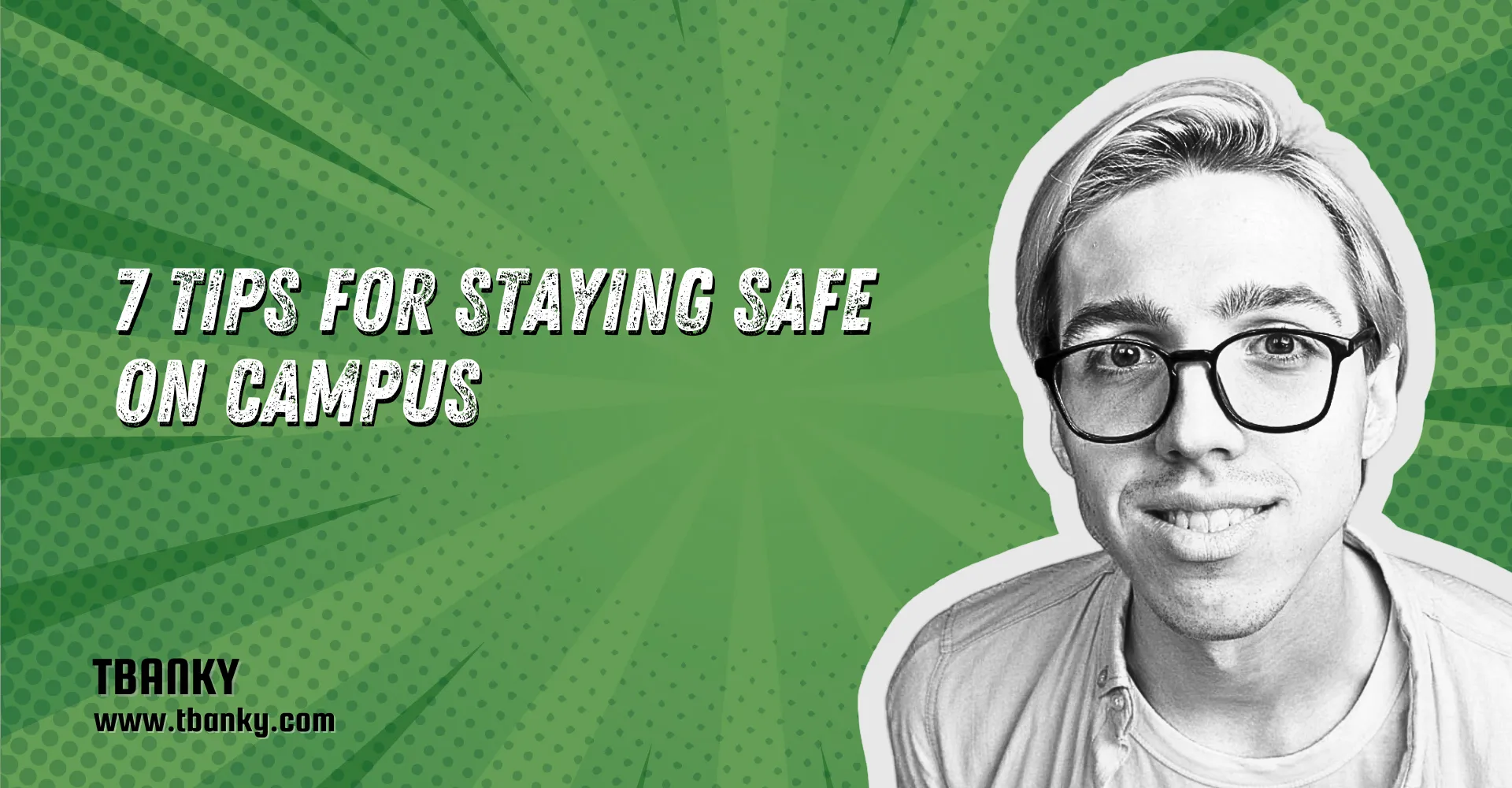As you embark on your educational journey, the university experience offers a unique blend of opportunities, challenges, and adventures. It’s a time for personal growth, learning, and making memories that last a lifetime. However, amid the excitement and bustle of campus life, your safety remains a paramount concern. It’s not just about feeling secure but also about taking proactive measures to ensure your well-being. To help you navigate your collegiate environment with confidence, here are seven essential tips for staying safe on campus. By implementing these strategies, you can focus on your academic aspirations and enjoy the full spectrum of university life, knowing that you’ve taken the steps to protect yourself and your peers.
1. Familiarize Yourself with Campus Safety Resources
The foundation of staying safe on campus is knowing the resources at your disposal. Most colleges and universities have a dedicated campus safety or security office. Take the time to locate this office and familiarize yourself with the services they offer. They may provide emergency phones around campus, safety apps, campus escort services, and safety workshops. Make sure to save the contact information of campus security in your phone and don’t hesitate to reach out to them if you ever feel unsafe or need assistance.
2. Stay Informed About Campus Alerts
Being aware is being safe. Many institutions have systems in place for alerting students about safety issues or emergencies. This can include weather-related closures, security threats, or health advisories. Opt-in to receive these notifications via text or email to ensure you’re always in the know. Pay attention to these warnings and follow all recommended precautions to keep yourself out of harm’s way.
3. Be Smart About Socializing
College is a social experience, but parties and gatherings can pose risks. Always go with friends you trust and look out for one another. Avoid leaving drinks unattended and be wary of substances offered by others. If you plan to drink, do so responsibly, and know your limits. It’s also wise to establish a plan to get back to your dorm or apartment safely — whether that’s a designated driver, a ride-sharing service, or a walking buddy. Your judgment is your best defense; use it wisely.
4. Secure Your Personal Belongings
Thefts can occur even in the most serene academic settings. To minimize risks, never leave your valuables unattended. Secure your electronics, textbooks, and personal items within a locker or keep them on you. When living in dorms or shared housing, make sure your doors are locked, and do not lend out keys. Keep a list of serial numbers for your valuable items, as this will help the authorities recover them in the event of theft.
5. Travel Safely On and Near Campus
A little planning goes a long way when it comes to travel safety. Try to travel in groups, especially at night, and stick to well-lit areas and main paths. Make use of campus escort services if you’re studying late and need to get back to your residence. Be aware of your surroundings, avoiding distractions such as your phone when walking or waiting for transport. When using ride-sharing services or taxis, check the driver’s identity before boarding, and share your ride details with a friend.
6. Practice Digital Safety
In the digital age, staying safe extends beyond physical spaces and into the virtual realm. Protect your personal information by using strong passwords on your devices and online accounts. Avoid public Wi-Fi for sensitive transactions, and be cautious about what you share on social media. Cyberstalking and phishing scams are common pitfalls for college students, so remain vigilant about communication from unknown sources and protect your digital footprint.
7. Trust Your Instincts
Your intuition is a powerful tool for staying safe. If a situation or person makes you uneasy, trust that feeling and remove yourself from the environment or seek help. Encourage your friends to do the same and support each other in making safe choices. Reporting suspicious behavior or potential dangers isn’t overreacting—it’s a responsible action that could prevent harm to yourself and others.
By following these seven tips, you can create a safer campus experience for yourself and your fellow students. It’s all about being proactive, aware, and supportive of each other’s safety. College is a time for exploration and discovery, and by taking these measures, you can ensure that your academic journey is not only enriching but also secure. Remember, safety is a shared responsibility, and each step you take towards protecting yourself adds to the overall well-being of your campus community. Stay safe and thrive.

